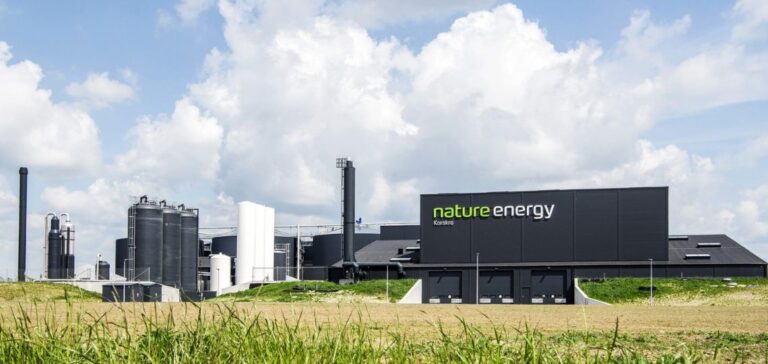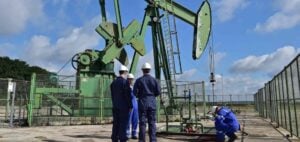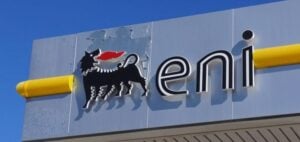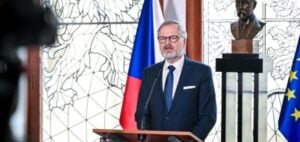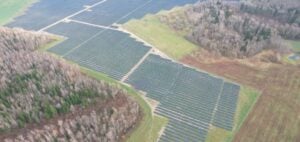Nature Energy, is being acquired by Shell for approximately $2 billion, or €1.9 billion.
A company buyout
Nature Energy is being bought out by Shell. With this move, the Anglo-Dutch company acquires the largest producer of renewable natural gas (RNG) in Europe. This acquisition increases Shell’s ability to work towards accelerating its transition to net zero emissions.
The acquisition of Nature Energy will also support Shell’s ambition to expand its production of low carbon fuels. In addition, the transaction is expected to close in the first quarter of 2023. Huibert Vigeveno, Shell’s Downstream Director, says:
“Shell’s competitiveness in low-carbon fuels stems from its capabilities across the value chain, combining a world-class trading and supply organization with access to differentiated technologies and production assets. The Nature Energy acquisition will add a European production platform and growth pipeline to Shell’s existing RNG projects in the United States. We will use this acquisition to build an integrated global RNG value chain at a time when energy transition policies and customer preferences signal strong demand growth in the coming years.”
Founded in 1970, Nature Energy established its first biogas plant in Denmark in 2015. The company has 14 operating plants with associated infrastructure and raw material agreements. The company’s annual production in 2022 is approximately 6.5 million MMBtu per year.
A corporate strategy
Nature Energy also has a pipeline of approximately 30 new plant projects in Europe and North America. More than a third of these projects are at a medium or advanced stage of development in Denmark, the Netherlands and France. Thus, they could produce up to 9.2 million MMBtu per year by 2030.
The transaction is part of Shell’s “Powering Progress” strategy to accelerate the energy transition. Like the Sprng Energy transaction, this acquisition will be part of Shell’s current capital mix. In addition, Nature Energy and its 420 employees located in Europe and North America will operate as a wholly owned subsidiary of Shell, initially under its current brand.
Shell has an RNG production operation in North America, with one site operational and four under construction. The company’s RNG customers include large companies, road hauliers and shipping customers. In addition, the company has set a goal of achieving net zero emissions by 2050.

